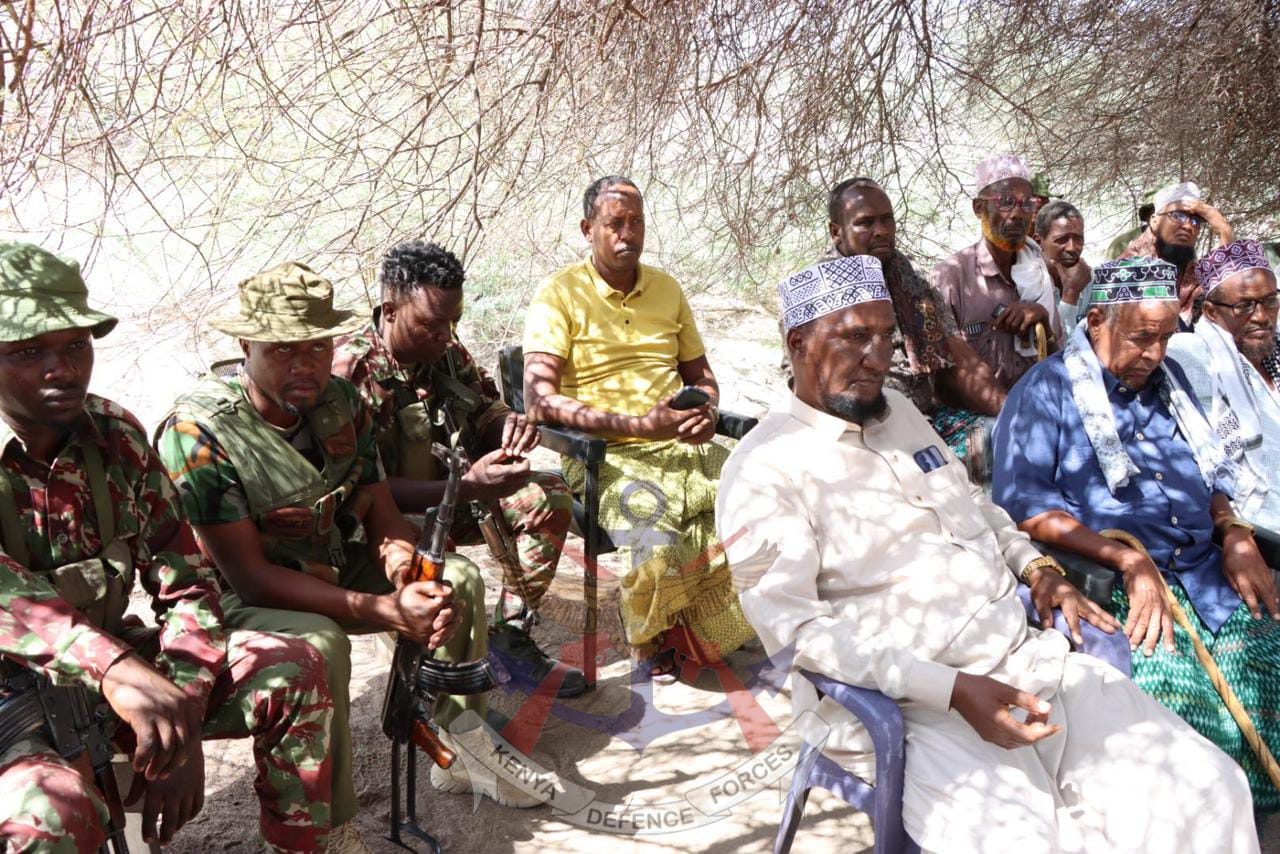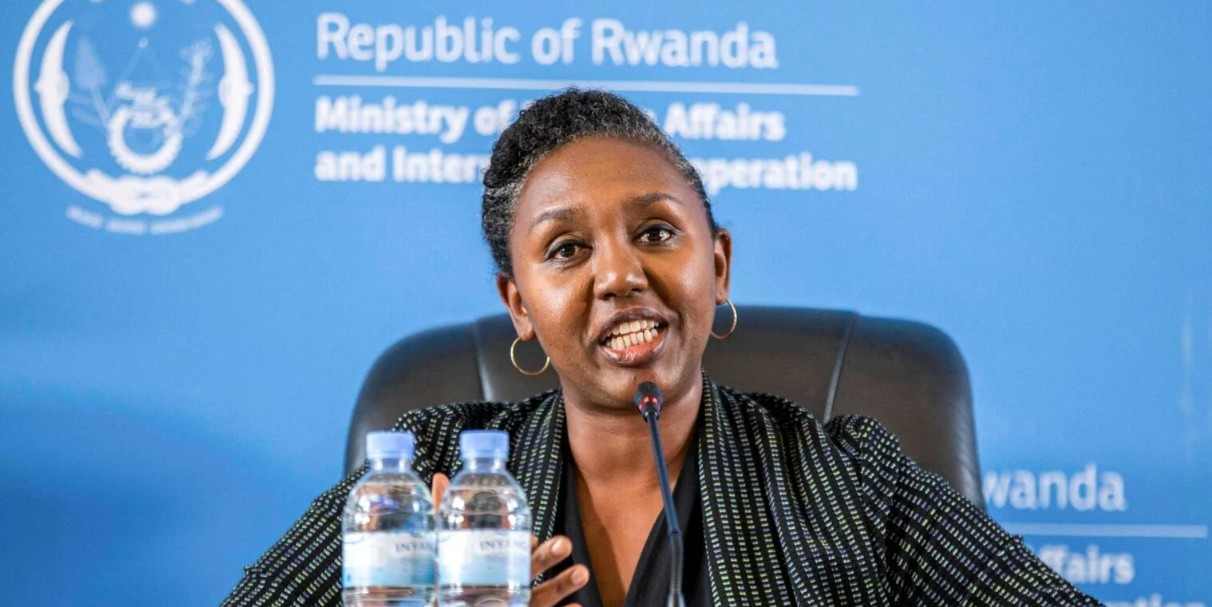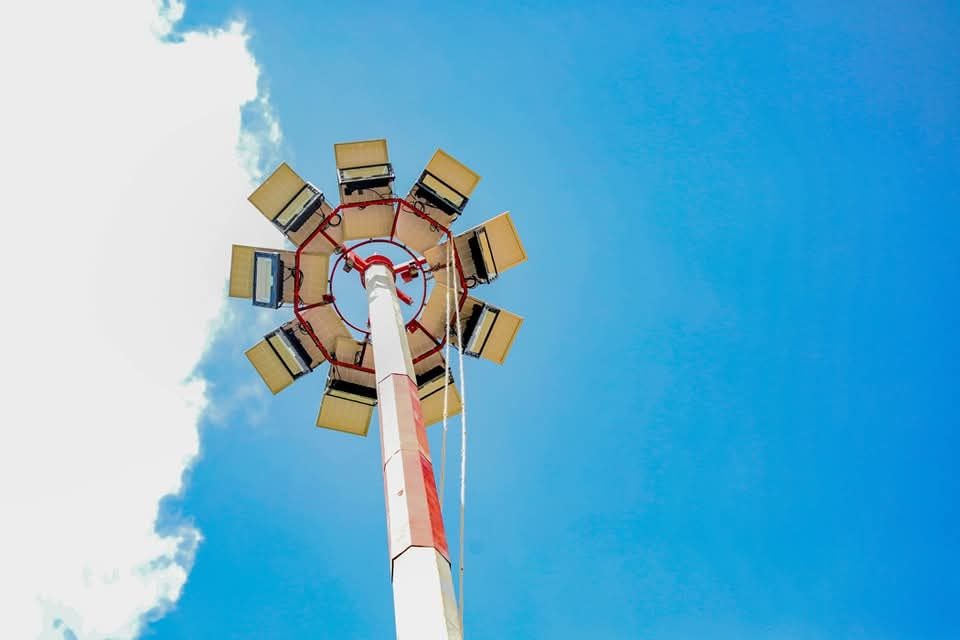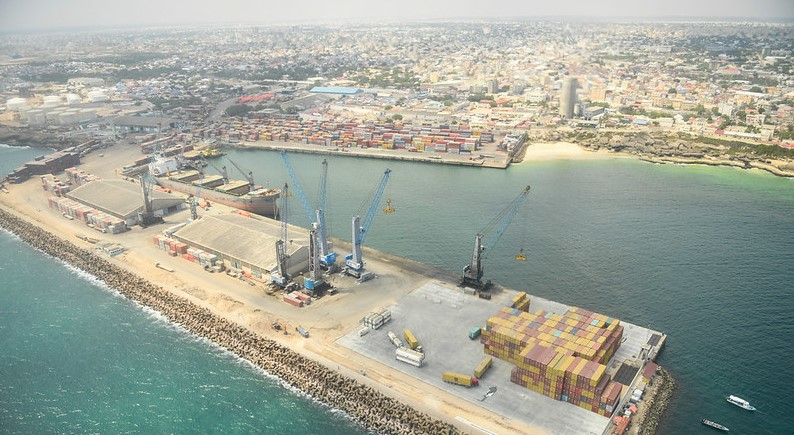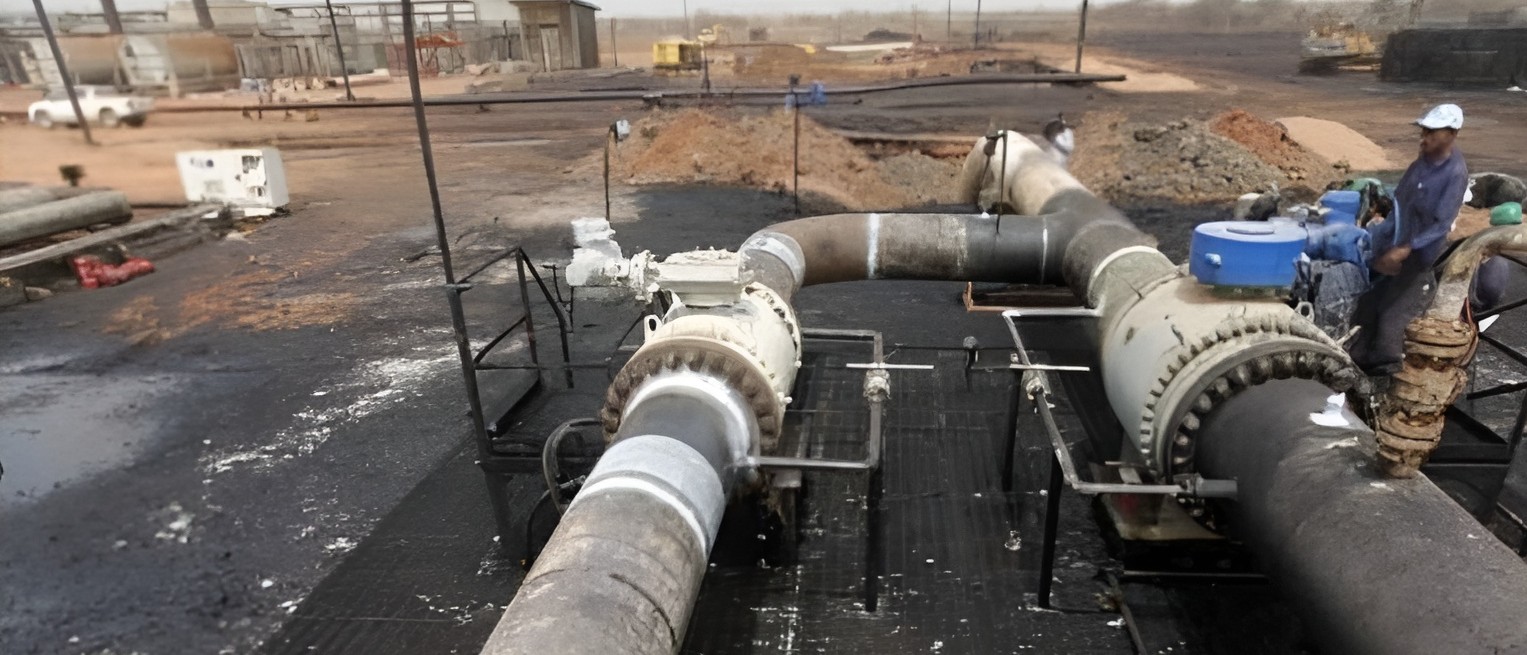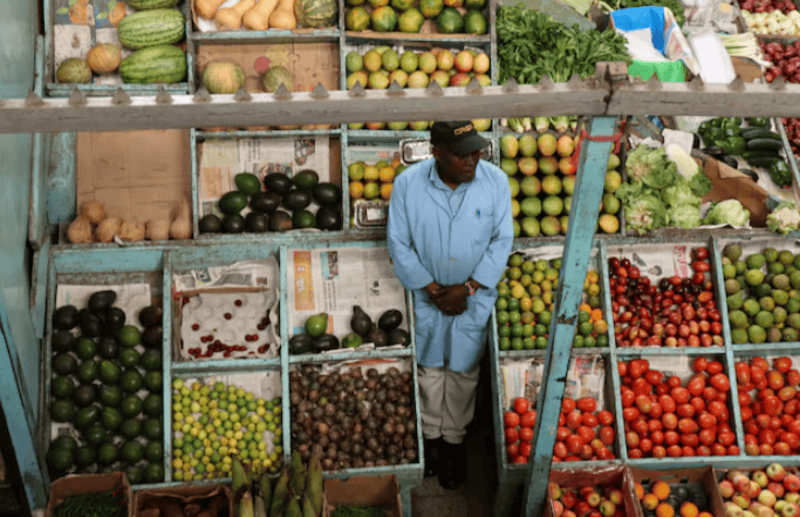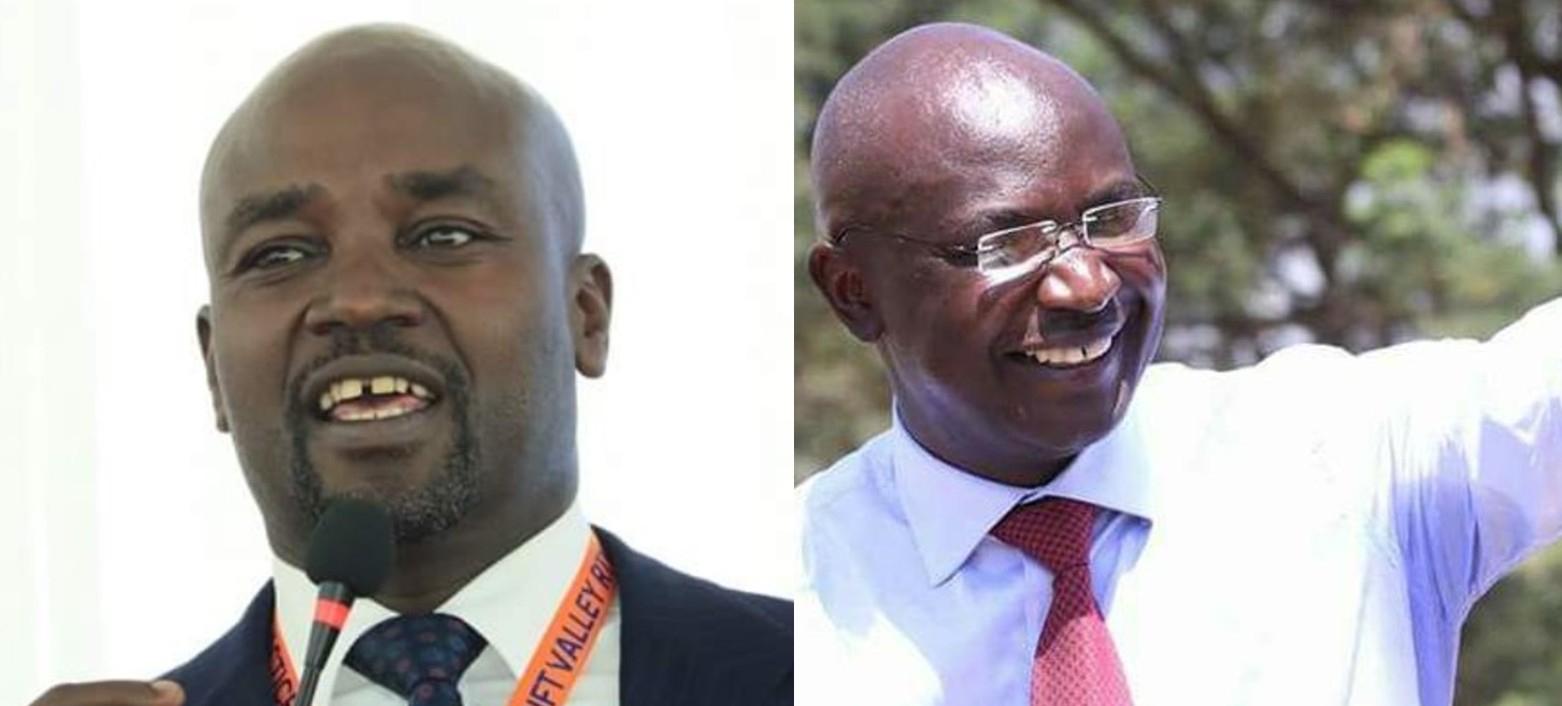M-Pesa faces cash dominance hurdle in Ethiopia
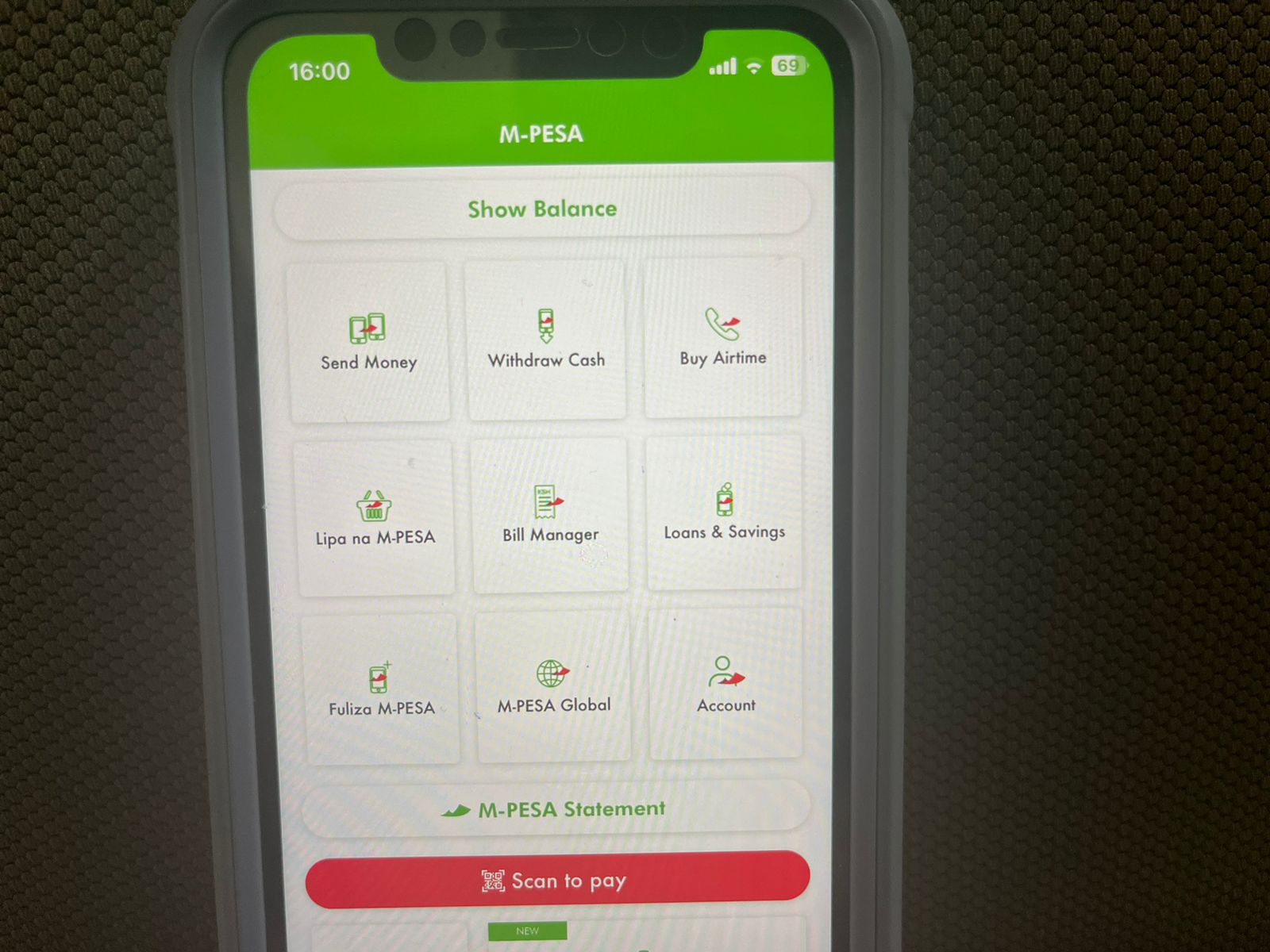
According to a 2021 report by the World Bank on financial inclusion and digital payments, cash in Ethiopia is a dominant payment method, a sharp contrast to other markets in the region.
The dominance of cash, especially for small-value transactions, has been an impediment to Safaricom Ethiopia's payments business using its M-Pesa platform, says the Kenyan-based telco.
"Banking penetration in urban areas is relatively high but 99 per cent of small value transactions are in cash," Safaricom PLC, which is the majority owner of the Ethiopian business, told investors of the subsidiary's performance last month.
More To Read
- Court upholds freeze on Safaricom's Bonga points expiry
- Safaricom Ethiopia hits 10 million active users, driving digital growth after Sh281 billion investment
- Safaricom CEO Peter Ndegwa appointed chairman of Ethiopian division amid strong growth
- Mobile money agents handle less cash despite surge in transactions as low-value transfers rise
- M-Pesa teams up with LakiPay to boost digital payments in Ethiopia
- Kenyans decry costly bank purchase for electricity tokens as M-Pesa pay bill down
Safaricom launched the mobile money service in Ethiopia on August 15, 2023, and acquired 1.1 million customers at the end of September. In that period, the value of transactions reached Sh43.7 billion ($29.13 million) while active merchants stood at 12,400. The telco earned Sh7.2 million ($48,000) from the mobile money platform.
It, however, anticipates lower transfer volumes between cities and rural areas due to a less developed 'social construct' for town-to-village money transfers.
Further, the telco faces a low penetration of financial services, with only 11 per cent of the population having accessed a loan from a financial institution.
According to a 2021 World Bank report on financial inclusion and digital payments, cash in Ethiopia is a dominant payment method, a sharp contrast to other markets in the region, including Kenya, where non-cash payments have gotten a foothold.
"Most people still rely on cash to pay utility bills and receive payments. Almost all adults at 99 per cent pay utility bills with cash, compared to 12 per cent of people in Kenya and 59 per cent in the region as a whole," the report notes.
The World Bank also found that many Ethiopians believe financial services are not for the poor and rely instead on informal institutions to meet their financial needs.
The report shows that while 62 per cent of Ethiopians save money, only 26 per cent do so formally at financial institutions, while 38 per cent save with individuals outside their family or at informal savings clubs. Ethiopians are also more likely to borrow from family, friends, or informal savings clubs than from banks.
These challenges need to be addressed as Safaricom's M-Pesa seeks to grow payments and financial services in the market.
When Safaricom launched M-Pesa operations in Ethiopia, it expected consumer payments to drive initial uptake before scaling to merchant payments and financial services like micro-credit.
The telco plans to leverage partnerships, including local bank integration, shopping outlets, and international money transfer services.
Top Stories Today
